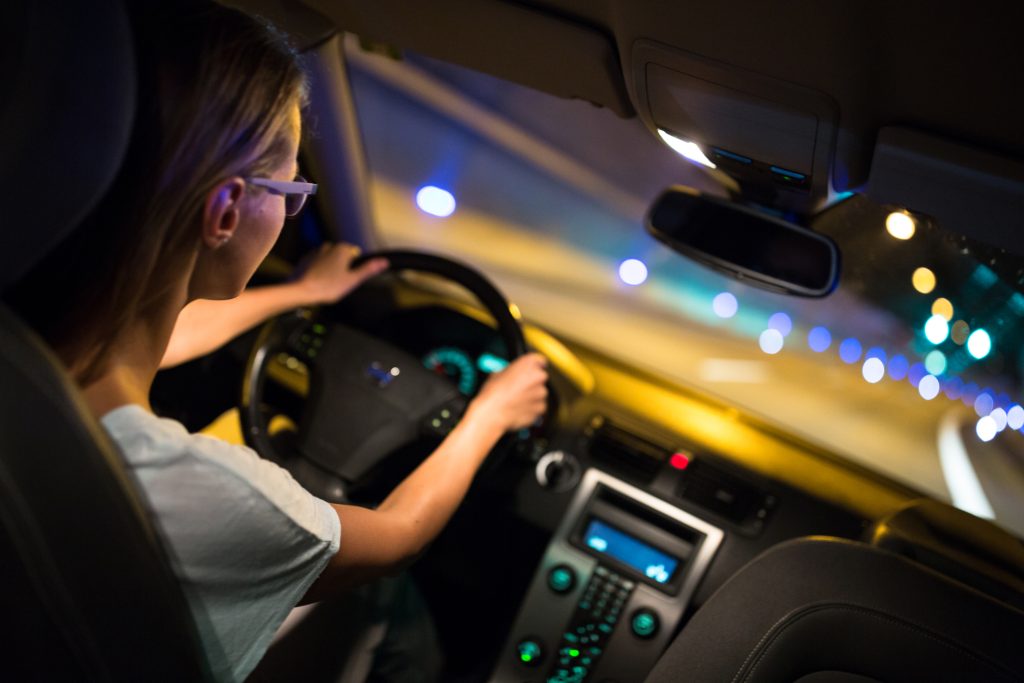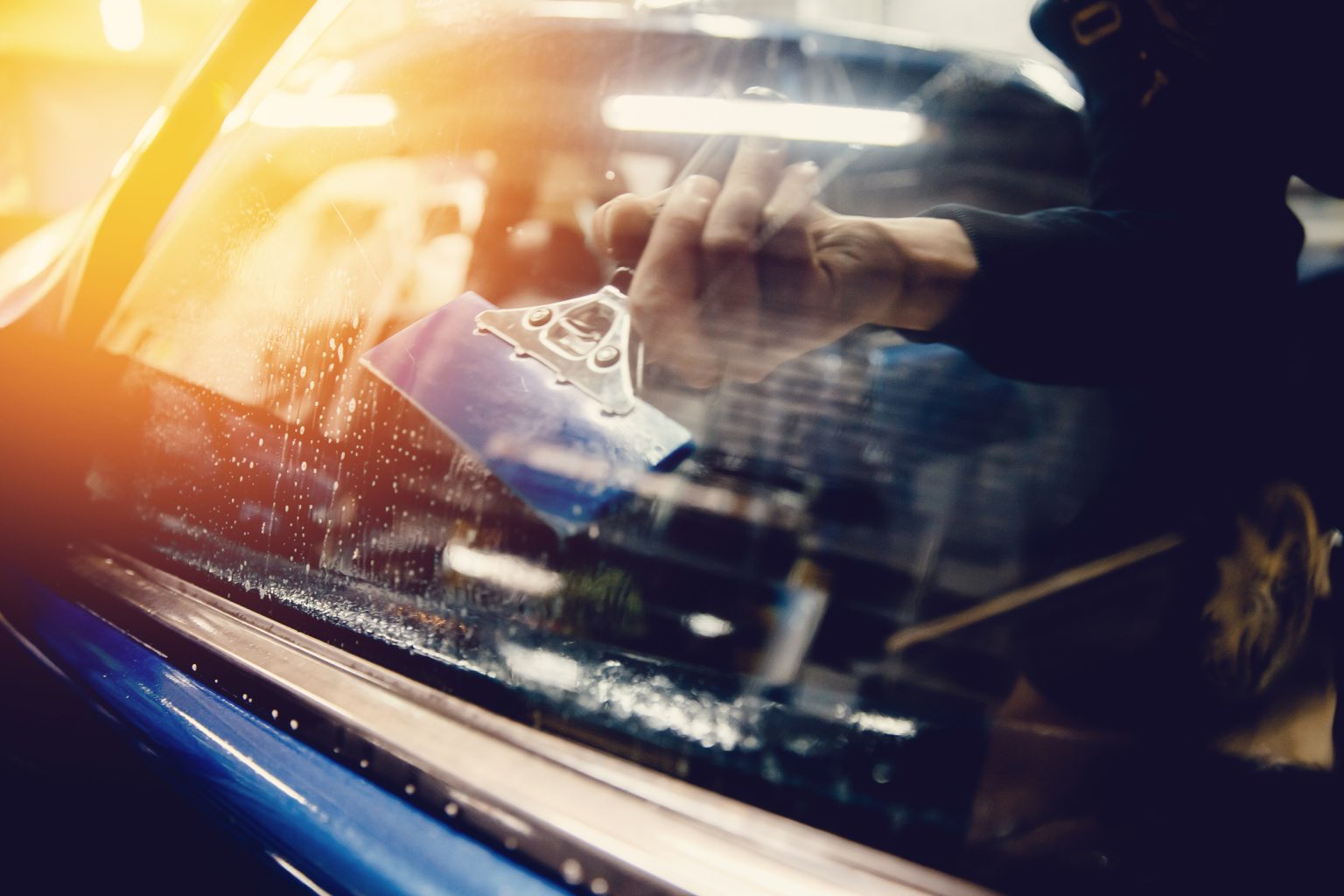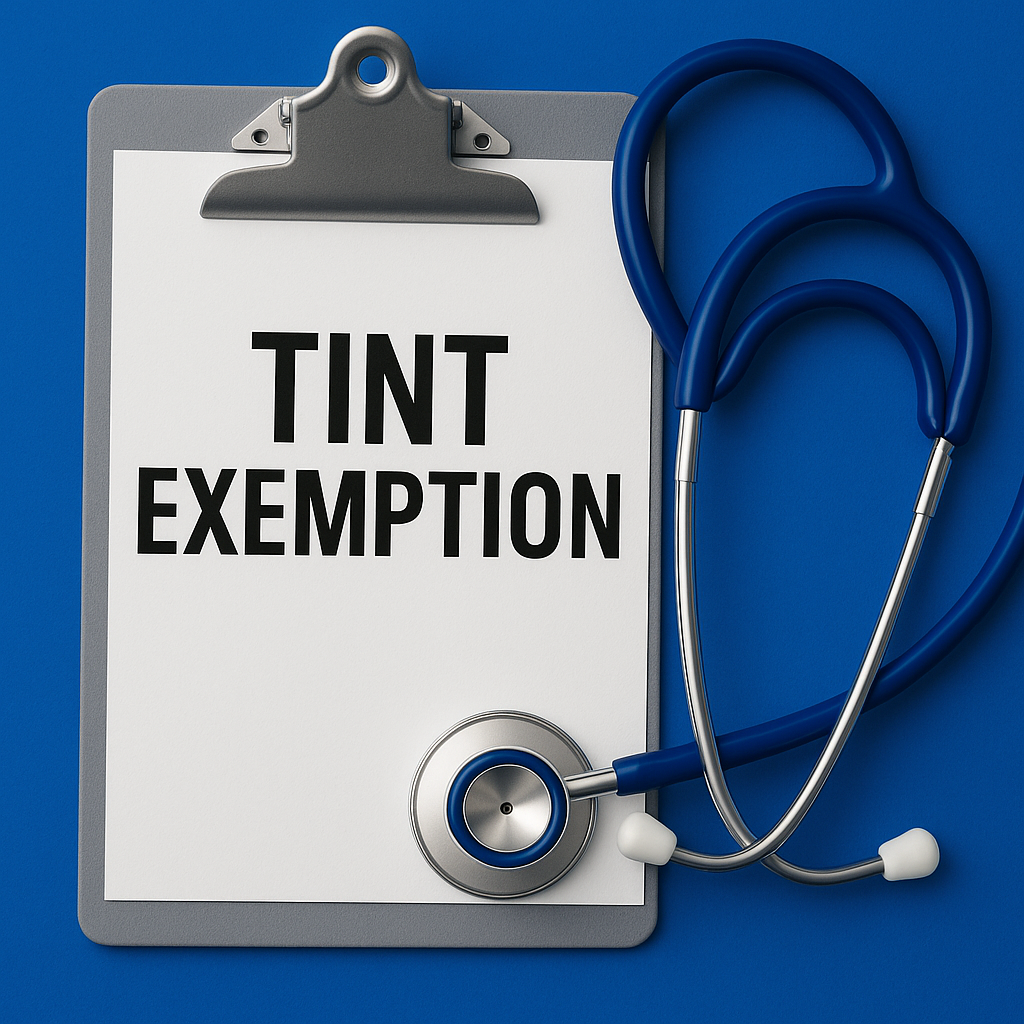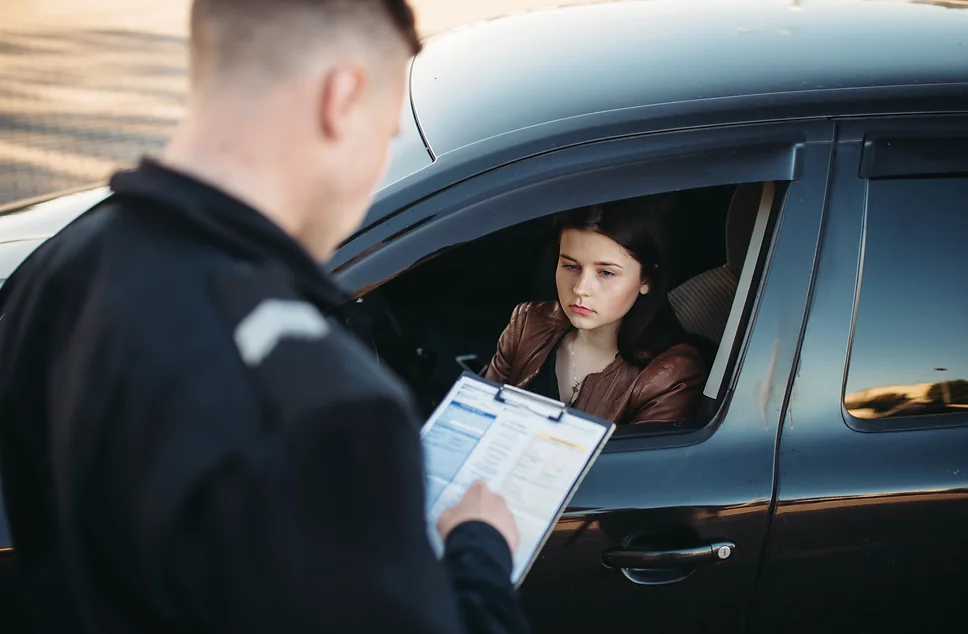These limits mean that drivers who require additional protection from sunlight—especially on their front side windows—must have a valid medical reason and documentation to exceed the legal thresholds. ForeverTint can help determine if you qualify for a Pennsylvania tint exemption. Most people do, and once certified, you’re legally permitted to install darker tint for medical reasons.




